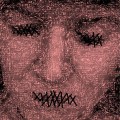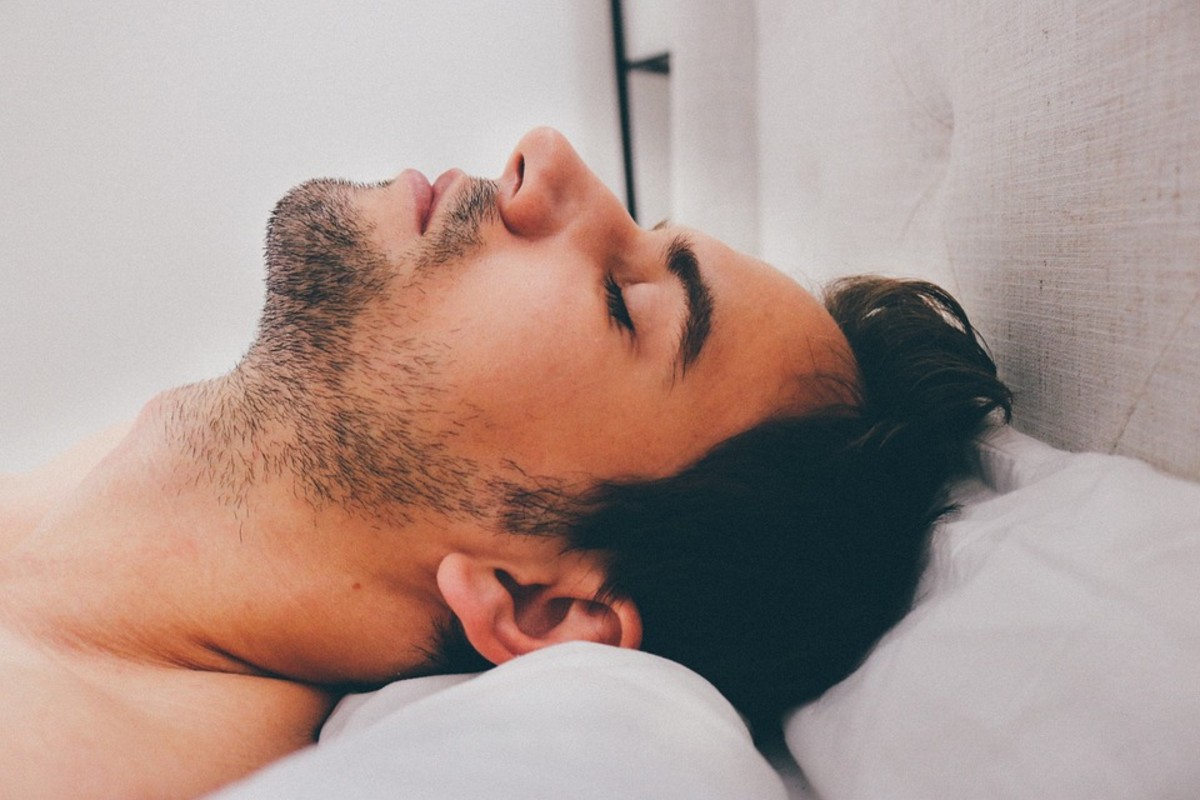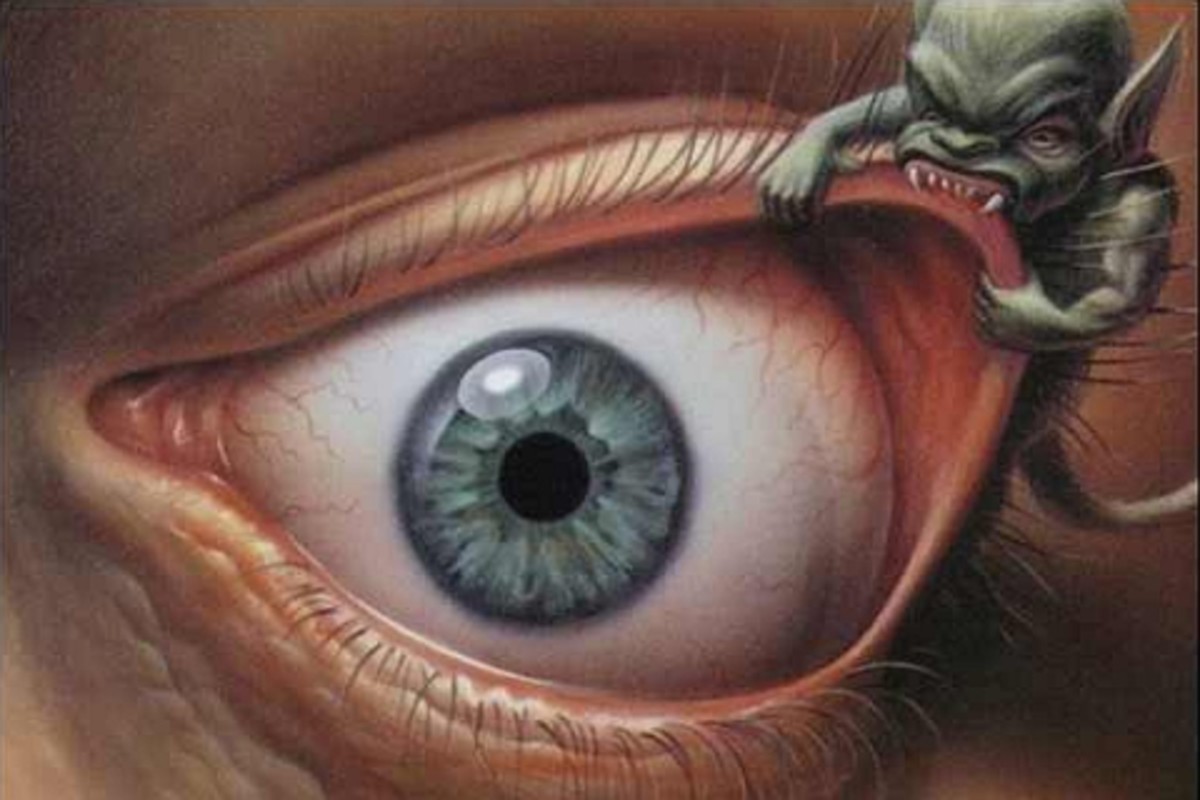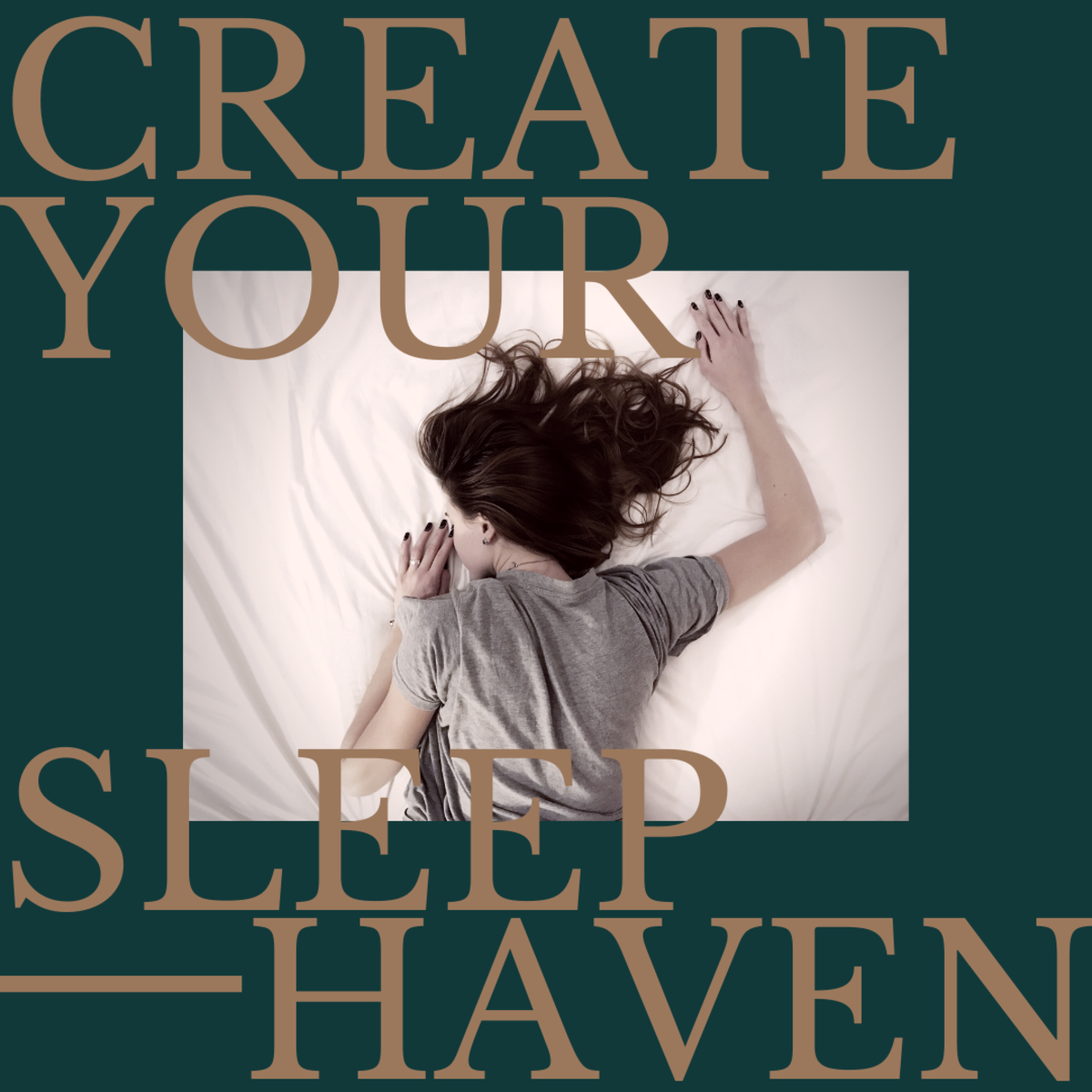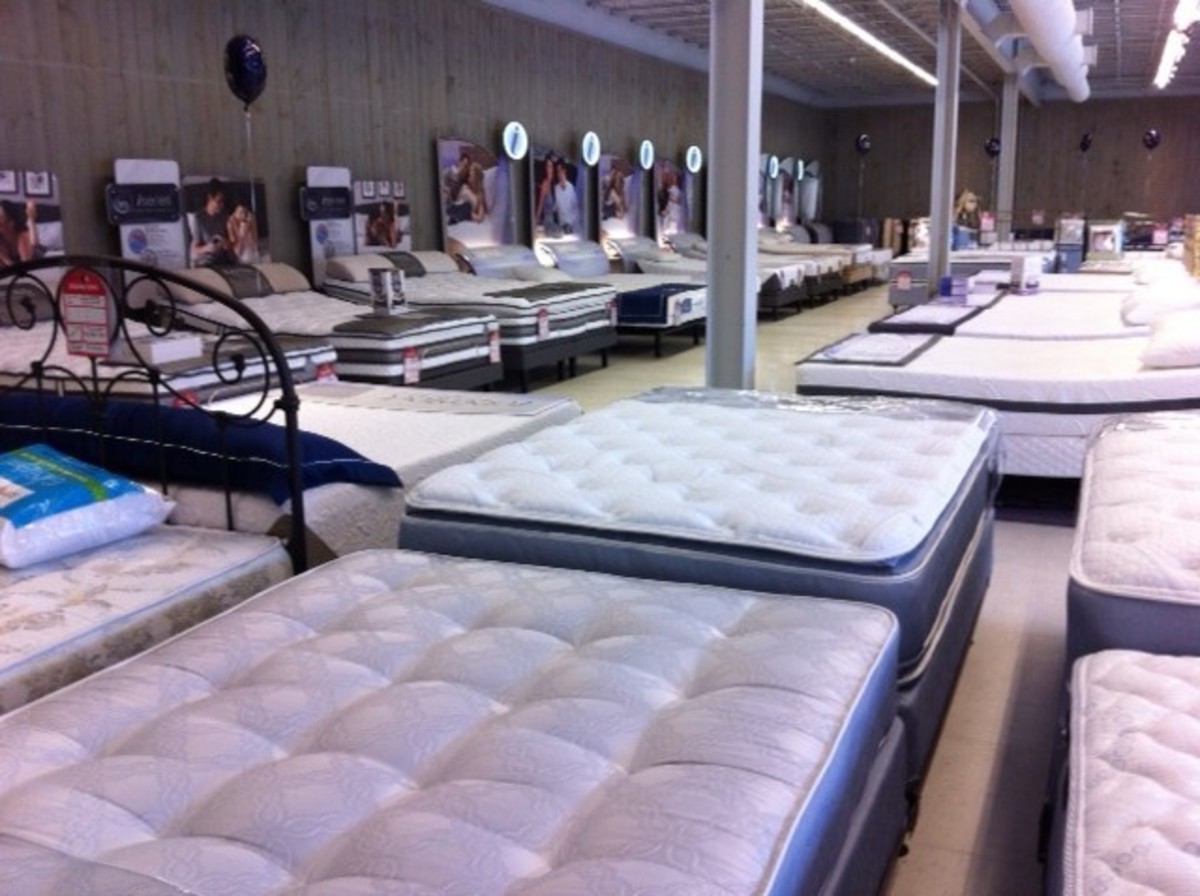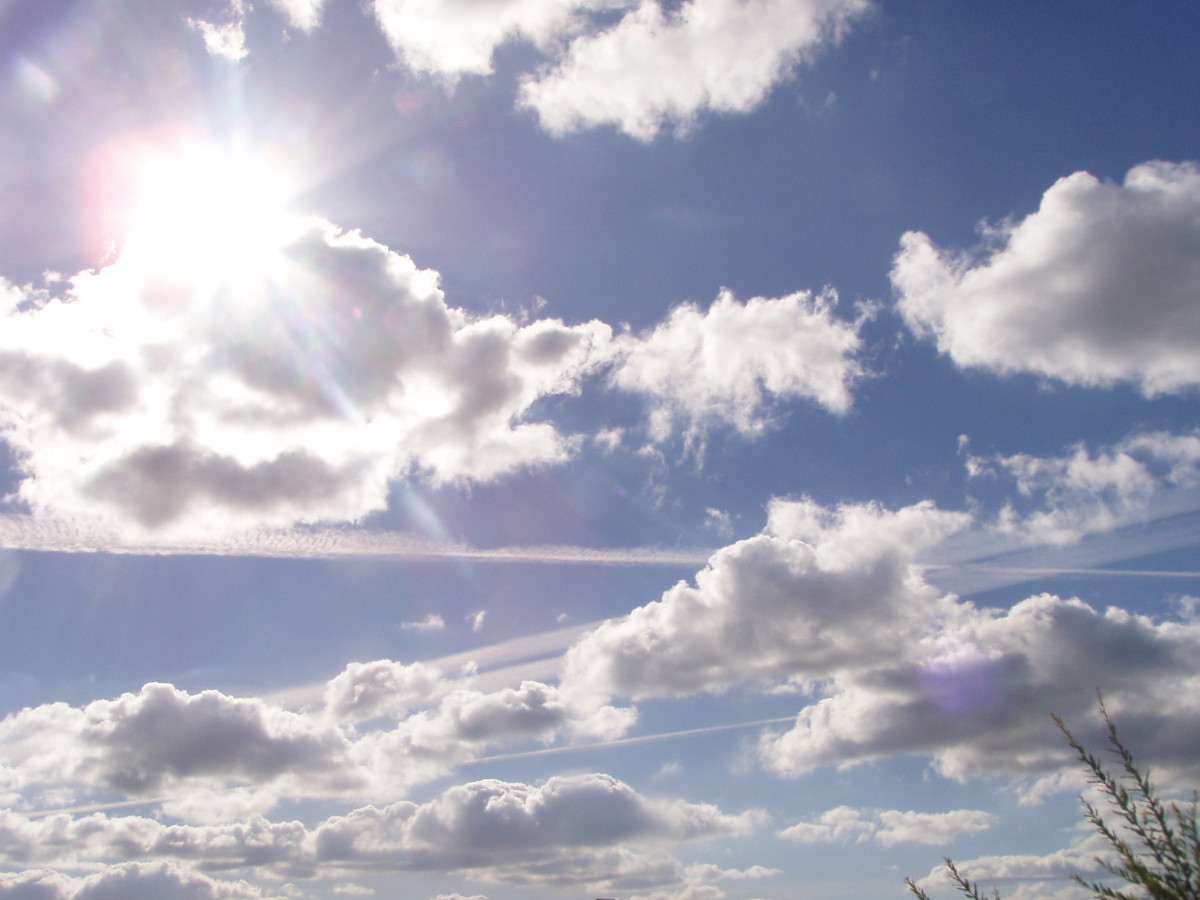- HubPages»
- Health»
- Personal Health Information & Self-Help»
- Self-Help for Sleep Issues & Sleeplessness
Sleep: The Benefits, The Facts, The Disorders, And Much More
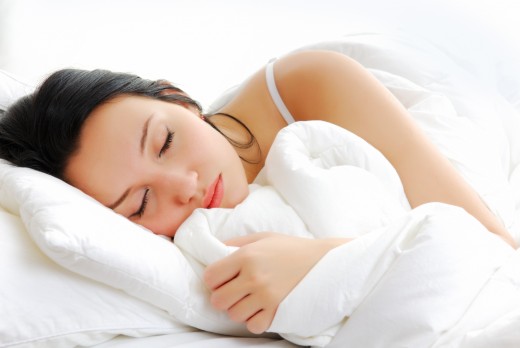
Sleep is an reiterated anabolic state that living things enter that is defined by the amount of consciousness we receive, sensory, and the relaxation of muscles. It is necessary because it helps to rebuild or rejuvenate the immune, nervous, skeletal and muscular system. Hence, all mammals, birds, and some reptiles, amphibian, and fish must sleep.
The research that has been done to study sleep has only resulted in finding out about some purposes and functionalities of sleep. Sleep is thought to have a part in decreasing your metabolism by 5 to 10 percent. Even hibernating animals such as bears need sleep despite hypometabolism and must return from different levels of homeostasis in order to sleep.
After some research was done about sleep, one conclusion was that we need sleep because we get sleepy. Through evolution, it is thought that sleep changed due to fulfill some primeval function in our bodies. Also, sleep is thought to have taken on some more responsibilities and functions that deals with the passage of air and food. Therefore, it is beneficial for the average adult to receive around 7-8 hours of sleep on a daily basis.
Stages of Sleep
-Stage 1
This stage is where you are lightly sleep and you are able to be woken with a gentle shake, touch, or by noise. You start to lose muscle tone, where your muscles start to relax, causing twitches and jerks. You begin to have hypnotic hallucinations such as seeing lights and colorful patterns that causes your mind to be put into a restful sleep. Also, in this stage, you lose self awareness and attachment of your senses to the physical world
-Stage 2
This is the stage, where you begin to lose all of your muscle tone so your physical body can't act our your dreams. Your brainwaves continue to show bursts of high activity even though they have slowed. These bursts of high brainwave activity are called sleep spindles. All in all, we spend about 50 percent of our sleep in Stage 2; a light dreamless sleep.
-Stage 3
This is the stage, where you began to experience deep sleep also called Slow Wave Sleep. If you are awaken at this stage, you will feel dopey and confused for a couple of minutes, even though it is hard to awaken someone in this stage of sleep. You are also prone to experience dreamless activity in this stage and sleepwalking could occur.
-Stage 4
This is the stage, where you experience the deepest part of a deep sleep or Slow Wave Sleep. This stage replenishes your energy physically and mentally. Without enough deep sleep, you won't feel refreshed and energized the next morning.
-Stage 5
This stage is called the REM stage or Rapid Eye Movement stage. This stage is the where you start to dream. If you are woken up in this stage of your sleep cycle, then the next night when you sleep you will return to this stage right away. Also, this stage creates long term memory and lucid dreaming.
Benefits of Sleep
There are quite a few benefits of sleep. Some of these benefits you may be aware of and there are some that you didn't know existed. The benefits are as followed:
-improves memory.
In the fifth stage of sleep, you have entered the Rapid Eye Movement stage. In this stage, long term memory is created helping you to remember information longer.
-live longer
There have been studies that have shown too much or too little sleep is associated with a shorter lifespan.
- creativity
When you receive enough sleep, your mind is energized and ready to operate the way that you want it to, helping you to create.
- improves your grades
When you receive more sleep, your long term memory is created, helping you to take in more information. Therefore, whenever you are studying for an important test it is best to get a good night's rest in order to absorb the information that you need for that test or quiz.
- sharpens attention
A lack in not receiving enough sleep can cause ADHD like symptoms in children. This means you won't be able to pay attention for long periods of time. Therefore, the more sleep you get, the more energized you are and more you can pay attention the next day after receiving such sleep.
- maintaining a healthy weight
Besides exercising and eating healthy foods on a regular basis, the amount of sleep that you get can also help you to have a healthy weight. This is due to our ability of burning up to 60 calories an hour while we sleep.
- lowers stress
Sleeping helps us to relieve stress. It causes you to be more relaxed and calm even after you have awaken from a good night's sleep.
- improved mood
The more sleep that you receive, the better your mood will be the next day. You will feel great and you won't feel symptoms of being depressed, sad, or agitated. It refreshes not only your mind, but your spirit and emotions as well.
-
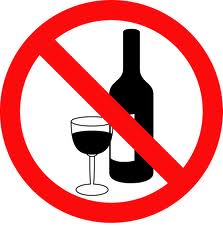
Myths and Facts
Myth: Anyone can drink alcohol or wine with sleep medication so that it can help you to fall asleep faster.
Fact: Sleep medication should not be taken with alcohol, before you drive, take a bath or before operating machinery. Also, follow your doctor's instructions about when to take, how much to take, and how long you should take your medication. Alcohol may calm you and may help you to fall asleep, but it also increases the amount of times that you awaken through the night
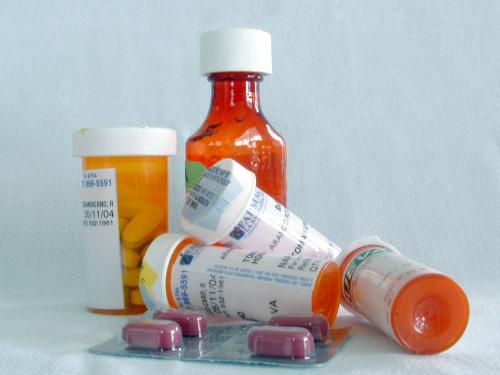
Myth: Sleep aids are not safe and that you can become addicted to them
Fact: Sleep aids are safe, when they are prescribed by a professional and you take them according to the instructions that you have received by the doctor or the recommended amount on the box. The newer sleep aids don't have the same effect as benzodiazepines, which means there is a lower risk for dependency on them. On the other hand, people that have a history of alcohol and drug abuse have an increased risk of becoming addicted to sleep medication.
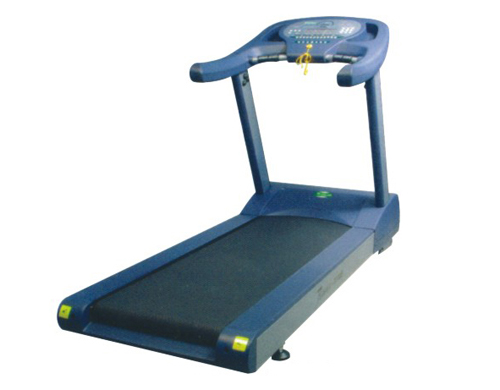
Myth: Exercising before you go to sleep will make you tired and help you to sleep.
Fact: Exercise can be helpful in receiving good sleep, if done on a regular basis in the morning or the afternoon and not too close to bedtime. Research has been done that you shouldn't exercise up to three hours before you go to sleep because it causes you to be alert and raises your body temperature. This results in you being able to fall asleep easier hours later.

Myth: Watching television and using your laptop will help you fall asleep.
Fact: When you are working, watching television, using the computer close to the time that you fall asleep will cause you to receive less quality sleep. Violent shows, stories, and the news can cause you to be more alert and agitated. Therefore, the sleep environment should be used for sleep and sex.
Sleep Paralysis
Sleep paralysis is when you experience the temporary inability to move, either when you are falling asleep or when you are wakening. This phenomenon has happened to many people, even though some people did not know what it was called. This was found to happen mainly in the REM stage of sleep or the fifth stage of sleep, where we experience deep memory of Slow Wave Sleep. This stage is also defined by muscle weakness which prevents people from acting out their dreams. This phenomenon is also known to be linked to another disorder called narcolepsy
Sleep deprivation
This is the condition where someone doesn't receive enough sleep, which could be either long term or short term. The cons of not receiving enough sleep is that you can experience extreme tiredness, daytime sleepiness, clumsiness, and weight loss/gain. The absence of sleep in humans is impossible unless they suffer from fatal familial insomnia. Brief naps or microsleeps can't be avoided. There have been studies that have shown that long term sleep deprivation has caused death in lab animals
Sleep Disorders
Here below are just a few sleep disorders that someone could have:
-Narcolepsy
This is a disorder where you unwillingly and without warning fall asleep with excessive daytime sleepiness.
-Hypopnea Syndrome
This disorder is when you breath slow and shallow while you are sleeping.
-Somniloquy
This is a disorder where you talk while you are sleeping.
-Nocturia
This is a disorder where you feel as if you have to go to the bathroom and urinate at night.
-Bruxism
This is a disorder where you clench and grind your teeth while you are sleeping. This is coming in children, but can occur in adults as well.
-Hypersomnia
This is a disorder where you sleep longer and for more hours than what is normal. This can occur at night or during the day, causing someone much difficulty to wake this person up.
-Nocturnal Mycolonus
This is the involuntary movement of arms and legs while you are sleeping.
-Restless Leg Syndrome
This is when you have periodic limb movement with an irresistible need to move your legs.
-Night Terror
This disorder is usually experienced with children, but can also occur with adults. This is when you suddenly awaken with gasping, moaning, or crying. You aren't able to remember this event in the morning.
Here below are some other links to stories that I have written:
References
- Wikipedia
Wikipedia, the free encyclopedia that anyone can edit.
- World Sleep Foundation
The World Sleep Foundation is dedicated to sleep. Sleep resources include educational material to help you sleep. Including information about sleep aid, sleep apnea, insomnia, restless leg syndrome, rem sleep, jet lag, rls and much more.


